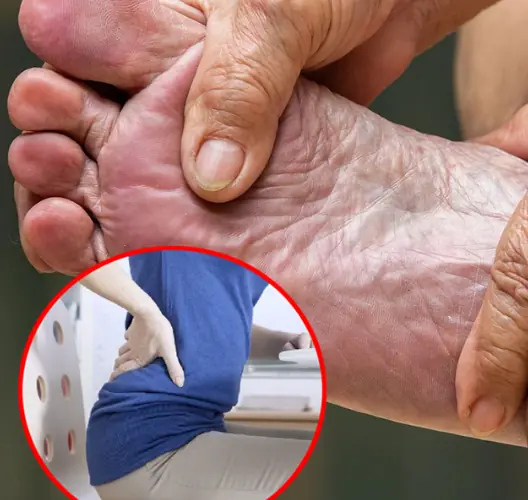
Pay attention to these eight major causes of swelling that can occur throughout the body
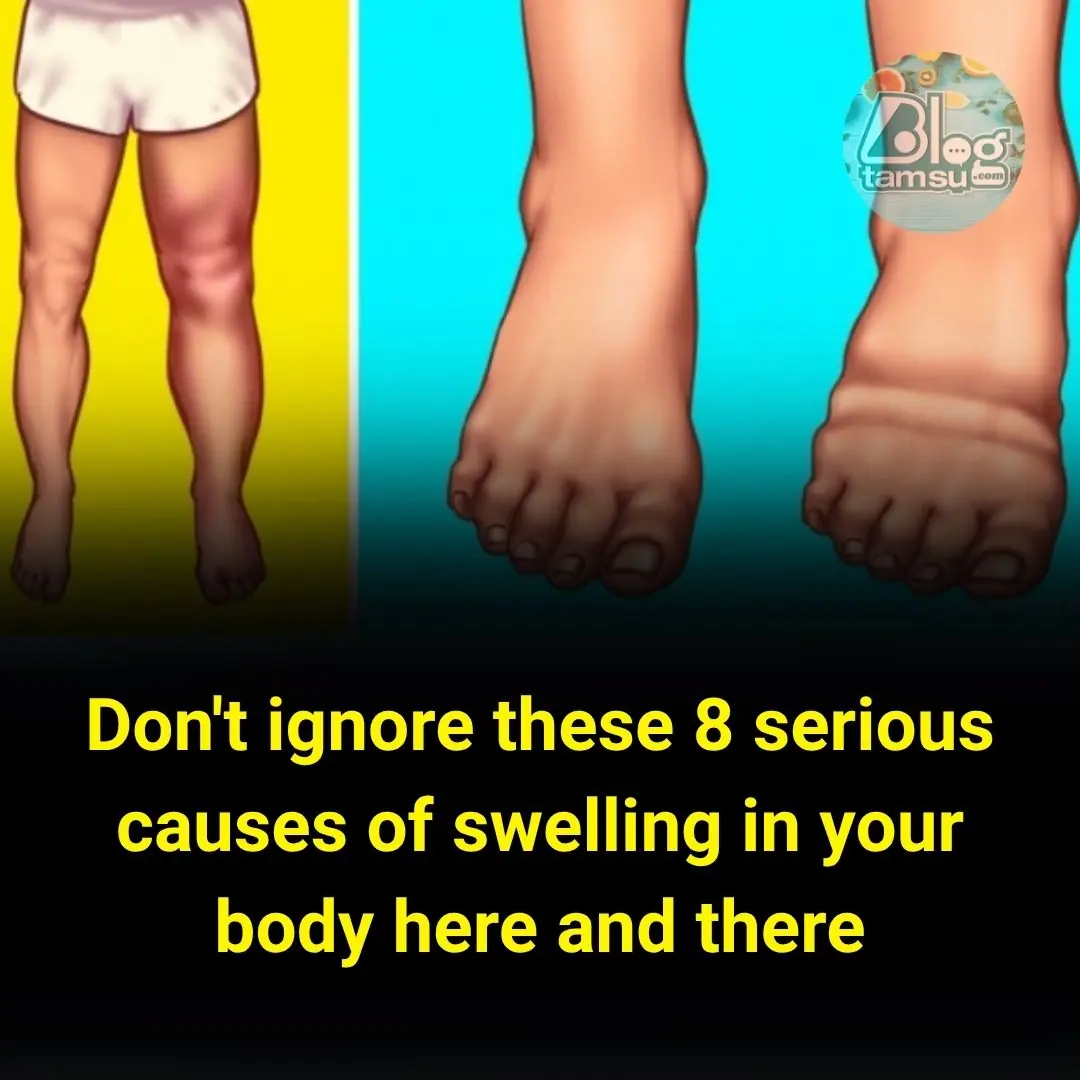
Have you ever noticed that your usual ring suddenly feels tight, or that you struggle to put your foot into the same shoes you wear every day? You might think you’ve gained weight, but if this happens overnight, it could mean you’re experiencing swelling in your hands, feet, or another part of your body. This kind of swelling is caused by fluid retention. It may also be a warning sign that you’re not treating your body properly.
Most of us have encountered or are familiar with swelling in areas like the legs, hands, eyes, or abdomen, but we often overlook the causes. For the sake of your health, take a look at the reasons behind this condition.
8. Consuming too much salt
According to the Centers for Disease Control and Prevention (CDC), excessive salt intake increases sodium levels, causing the body to retain water. When excess fluid accumulates in the tissues, swelling—also called edema—appears. It can affect many parts of the body, most commonly the face, hands, feet, ankles, and legs.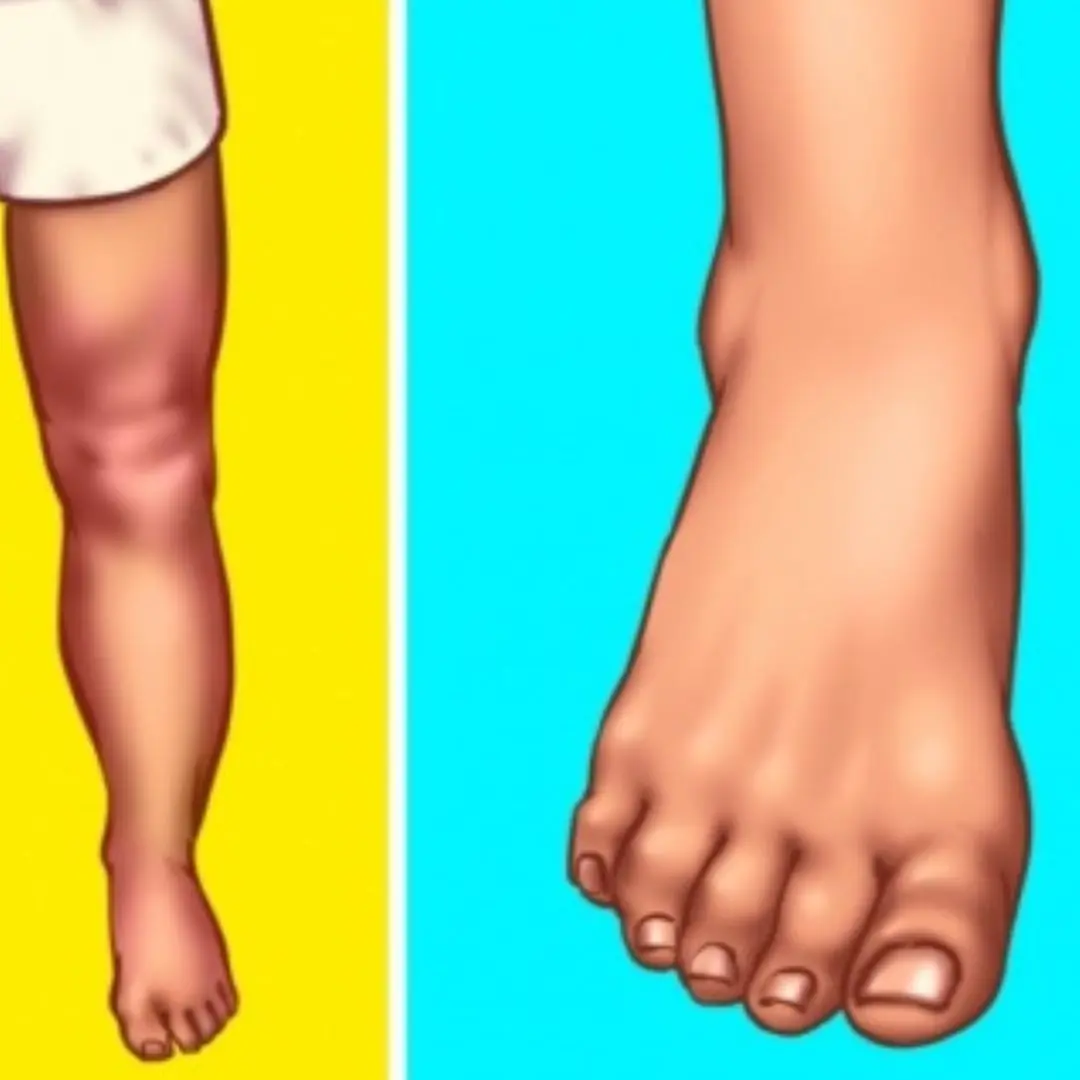
What to do: Limit your salt intake. If food tastes bland, use herbs and other spices instead. According to the Nutrition Institute, a healthy adult should consume only 6–10 grams of salt per day (less than two teaspoons).
7. Allergies
Symptoms vary depending on the allergen and how you’re exposed to it. For example, you might develop a runny nose from pollen, a rash from skin allergies, or feel unwell after eating something you’re allergic to.
In some cases, allergies can cause a severe reaction known as hypersensitivity or anaphylaxis. This affects the whole body and usually develops within minutes of exposure.
Serious allergy symptoms may include the above, along with:
-
Swelling of the throat and mouth
-
Difficulty breathing
-
Lightheadedness
-
Mood changes
-
Pale or bluish skin
-
Loss of consciousness
What to do: Get examined to determine the severity of your allergy. If swelling develops quickly—especially around the face or neck—you need to go to the hospital immediately.
6. Hormonal imbalances
Hormonal disorders can also cause fluid retention. If your abdomen or legs become swollen, or you gain weight, it may be a sign of hormonal edema.
What to do: The simplest step is to change your diet. Eat protein-rich foods and reduce sweet, spicy, and salty dishes. You should also see an internal medicine or gynecology specialist for proper treatment.
5. Kidney disease
One of the symptoms of kidney disease is facial swelling, especially in the morning. People with kidney problems may also experience lower back pain and changes in urine color.
What to do: Follow a kidney-friendly diet as prescribed by your doctor. When sleeping, you should lie on your back because lying face down can worsen facial swelling.
4. Cardiovascular disease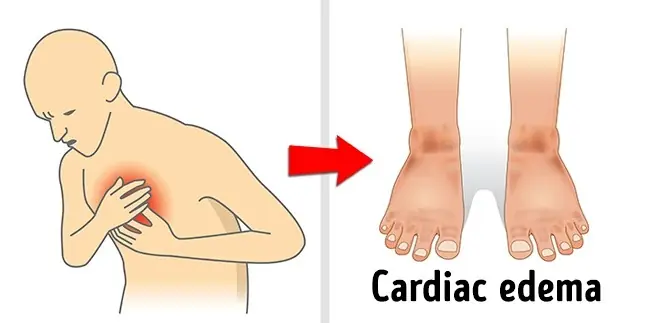
If you experience swelling in your legs and abdomen along with chest pain, fatigue, or shortness of breath, you may be dealing with a heart condition. This may be due to cardiac edema, caused by the heart’s inability to pump enough blood to other parts of the body.
What to do: Absolutely do not treat heart-related swelling at home. Visit a cardiologist to receive proper care.
3. Side effects from medication
Certain medications, such as fever reducers, painkillers, or birth control pills, can cause swelling as a side effect, mainly in the face.
What to do: If you notice swelling after taking medication, consult your doctor to see if you can switch to another option with similar effects but no such side effects.
2. Unhealthy lifestyle habits
People who spend long hours standing or sitting can develop leg swelling due to insufficient blood circulation to the limbs.
What to do: Those with jobs requiring prolonged standing or sitting should take short breaks regularly to stretch or exercise. Avoid crossing your legs when sitting or standing. If you must stand for many hours, sit and massage your legs whenever possible.
1. Dehydration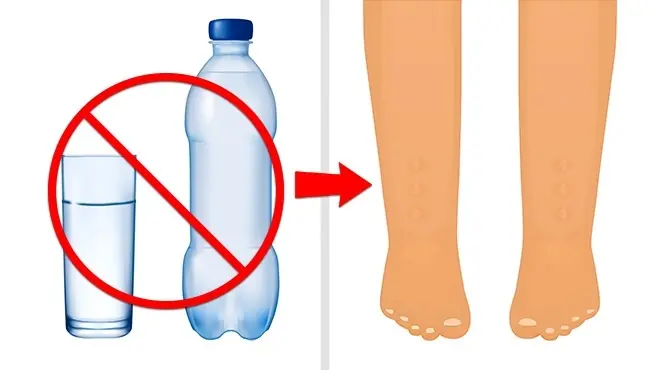
In the early stages of dehydration, your body starts retaining fluid for later use. As a result, your ankles, wrists, and lower abdomen may swell.
What to do: Drink water daily and avoid coffee, alcohol, and carbonated drinks.
Remember: Swelling is not always a sign of illness. It can occur even in healthy people during hot weather, from wearing uncomfortable shoes, or after consuming a lot of salty or liquid foods. Pay attention so you can recognize when swelling is a warning sign and seek timely medical care to avoid negative effects on your health.
News in the same category


The benefits of carrot and lemon for skin health
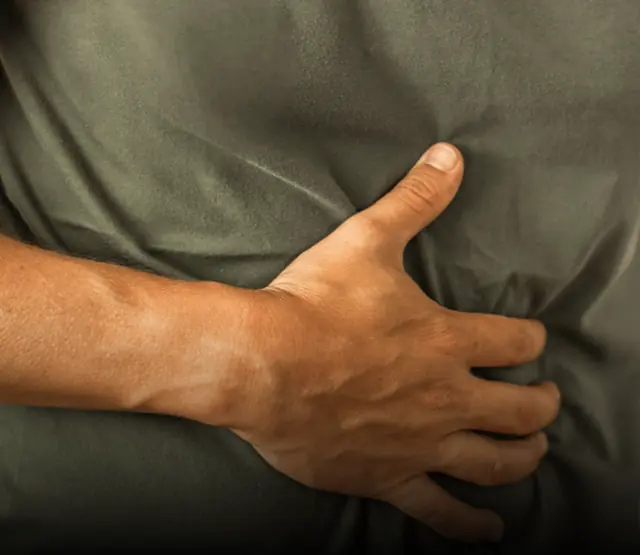
Experts reveal 5 can.cer symptoms that are easy to ignore
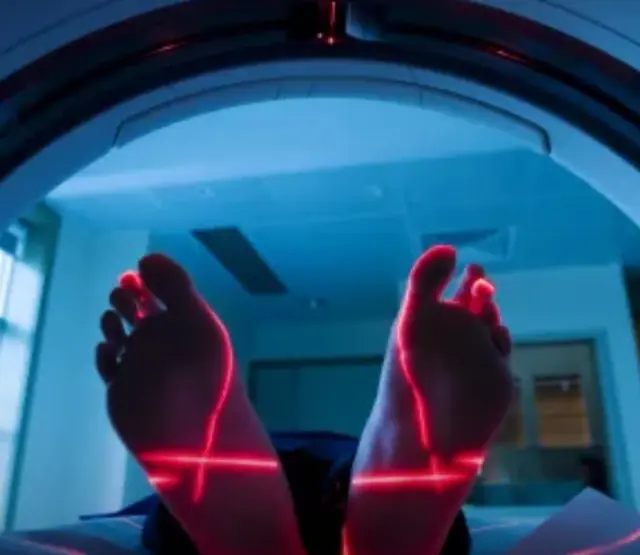
Scientists discover the maximum age a human can live to

Coconut water offers many health benefits — but these 5 groups of people should never drink it, as it could do more harm than good
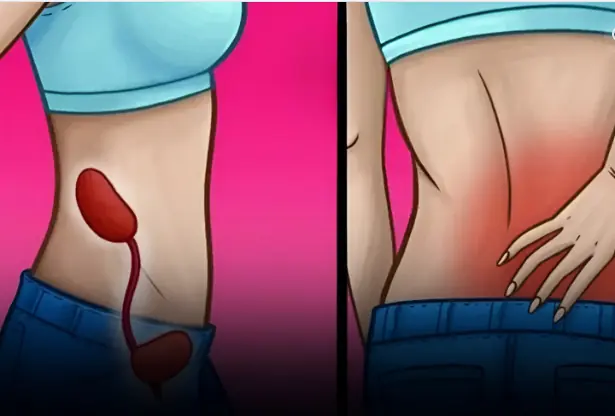
If Your Kidneys Are in Danger, the Body Will Show these 10 Signs
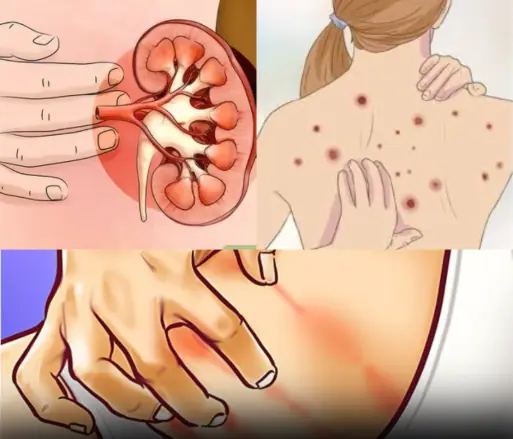
If Your Kidneys Are in Danger, the Body Will Show these 10 Signs

The Meaning Of The Intriguing Gesture Of Scratching The Palm Of Another Person’s Hand
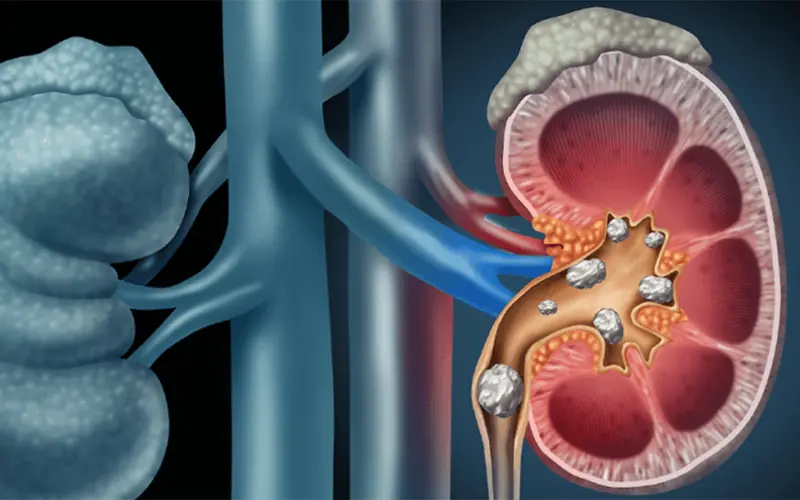
The man with kid.ney stones drank lemon water every day — and the doctor gave him five surprising words

Doctors investigate DNA of 117-year-old woman to find one food that contributes to longevity

Three Morning Symptoms That Could Be Early Warning Signs of Can:cer
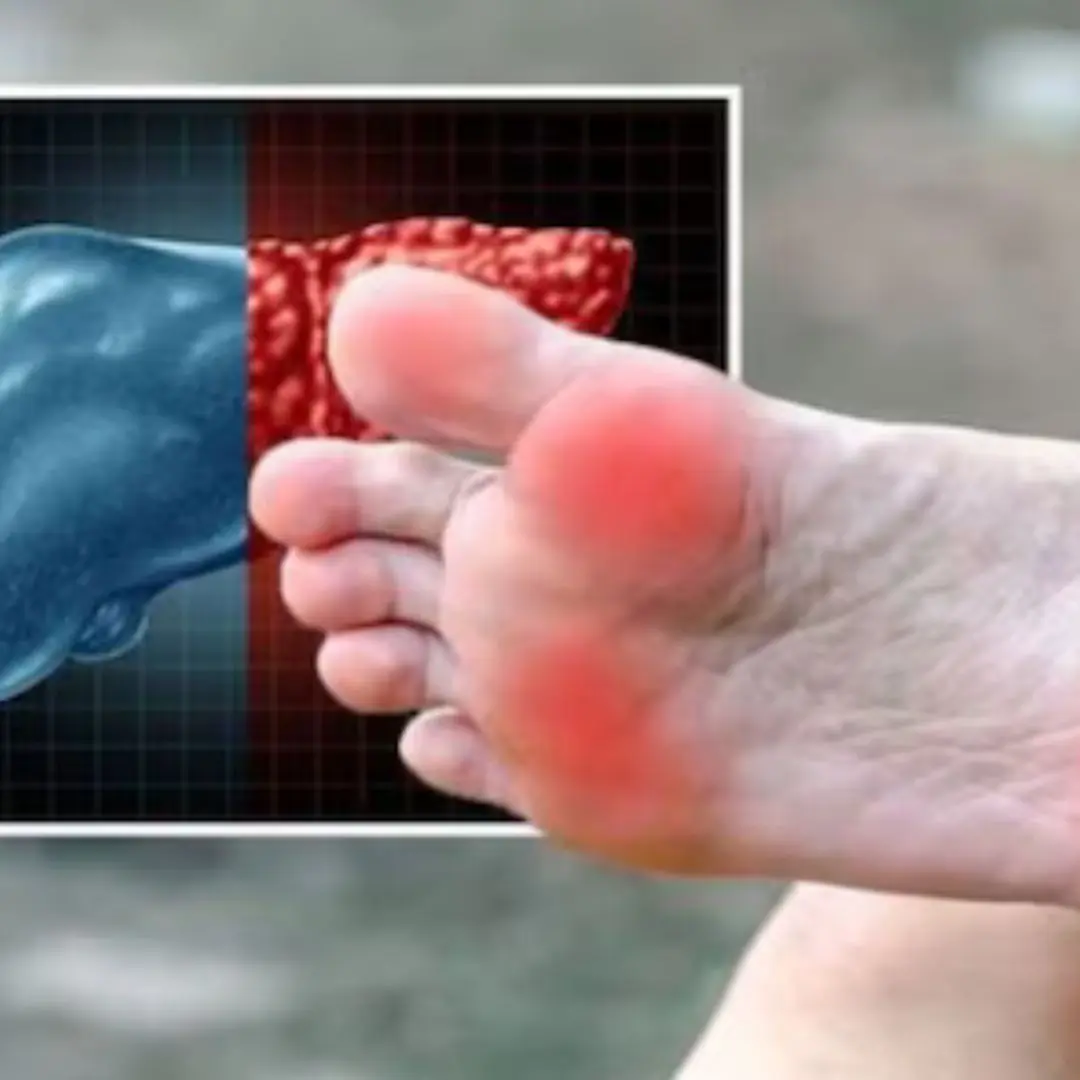
Fatty liver disease: The sign in your feet that means the condition is irreversible
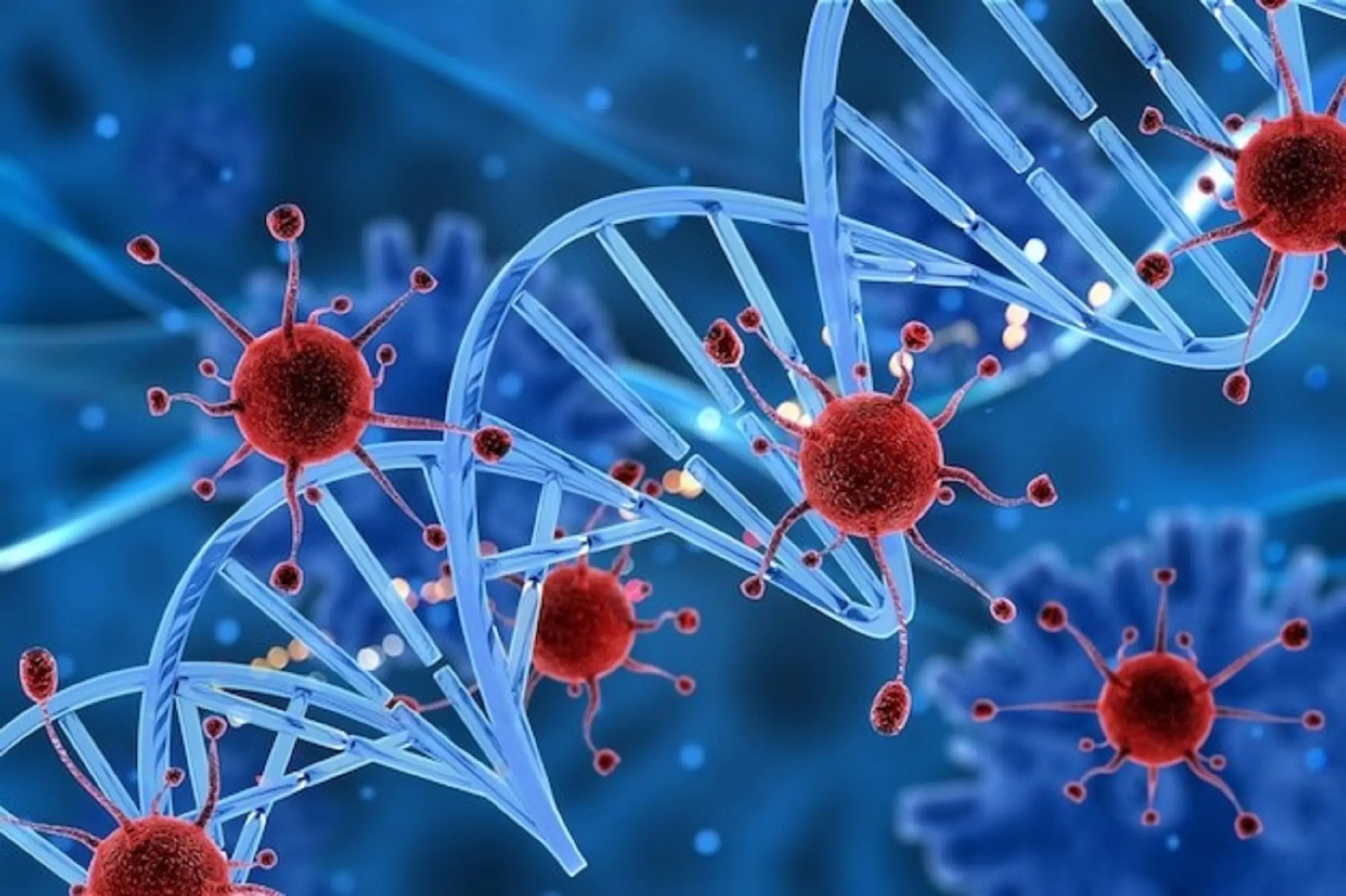
4 “Strange” Nighttime Sensations That May Signal Hidden Can.cers

Many people come into contact with three major carcinogens every day

4 Types of Tofu Contain To.xic Chemicals That Can Severely Damage the Li.ver and Kid.neys
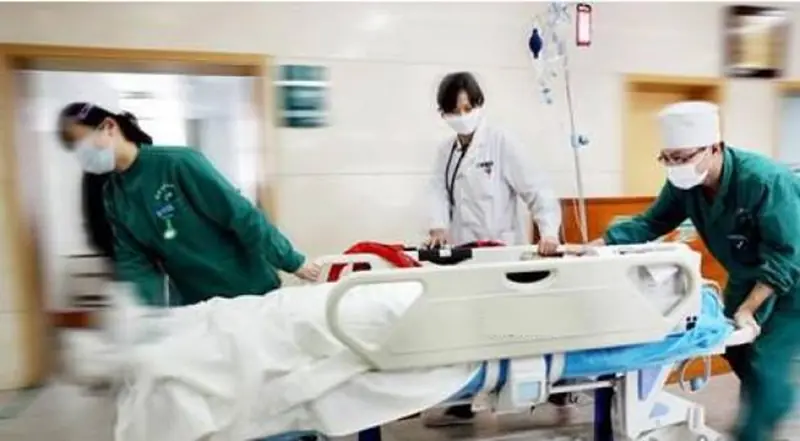
A man di.es from diabetes: 6 breakfast foods you should never eat
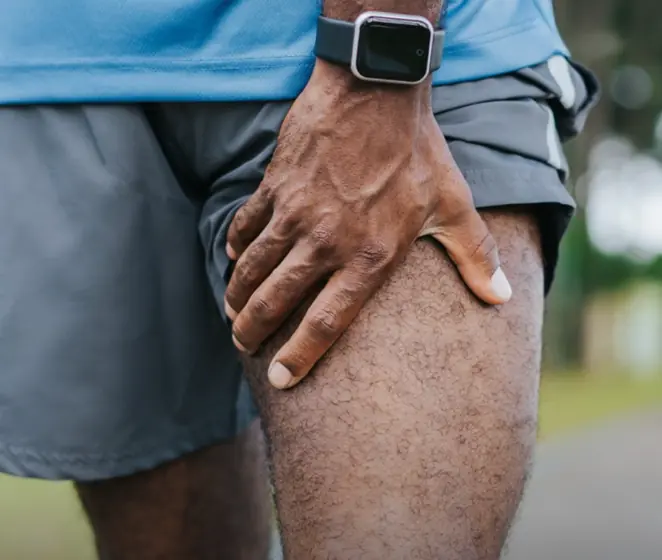
4 early leg symptoms that could indicate a de.adly can.cer
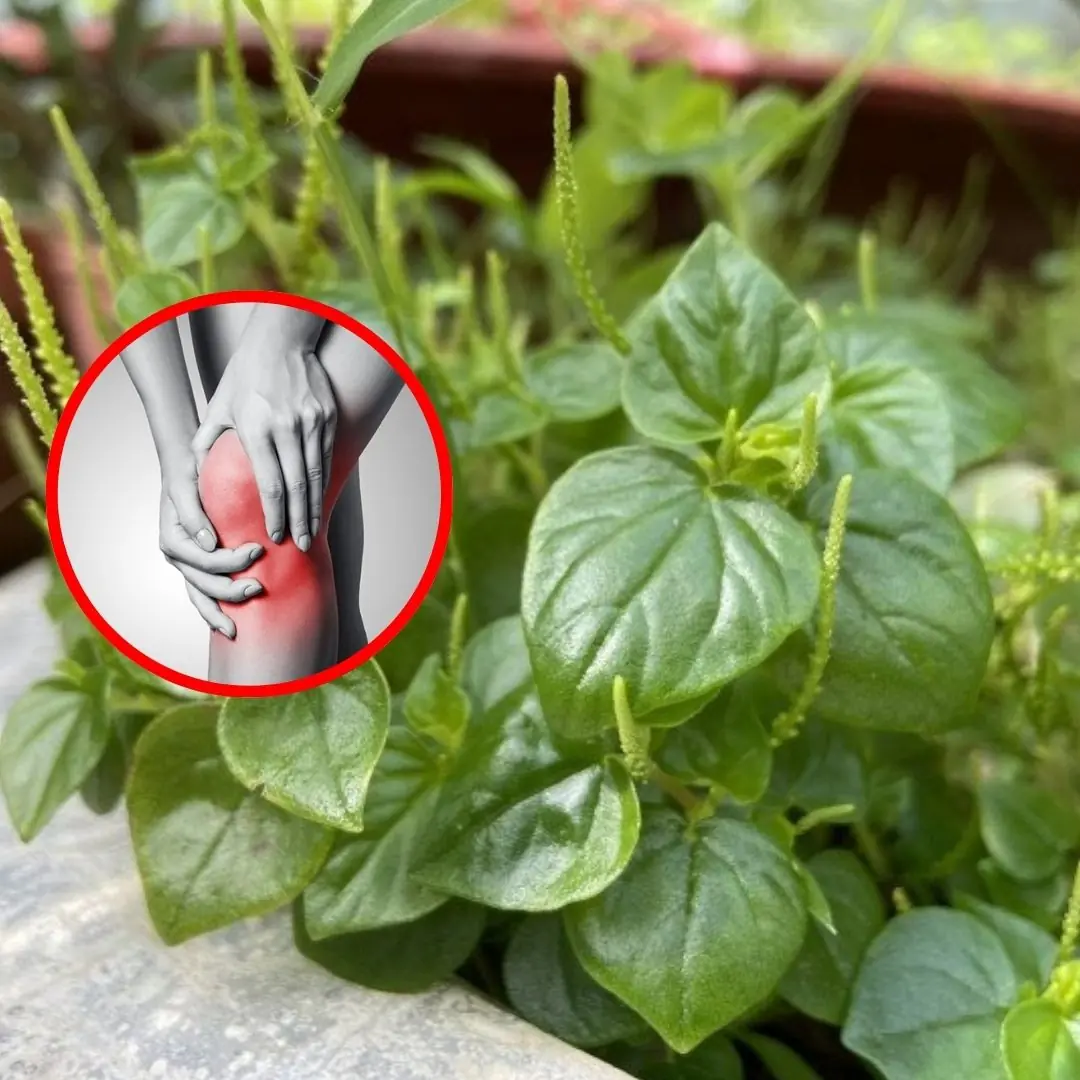
This precious vegetable has the effect of reducing bone and joint pain and some other diseases, but no one realizes it and often pulls it out.
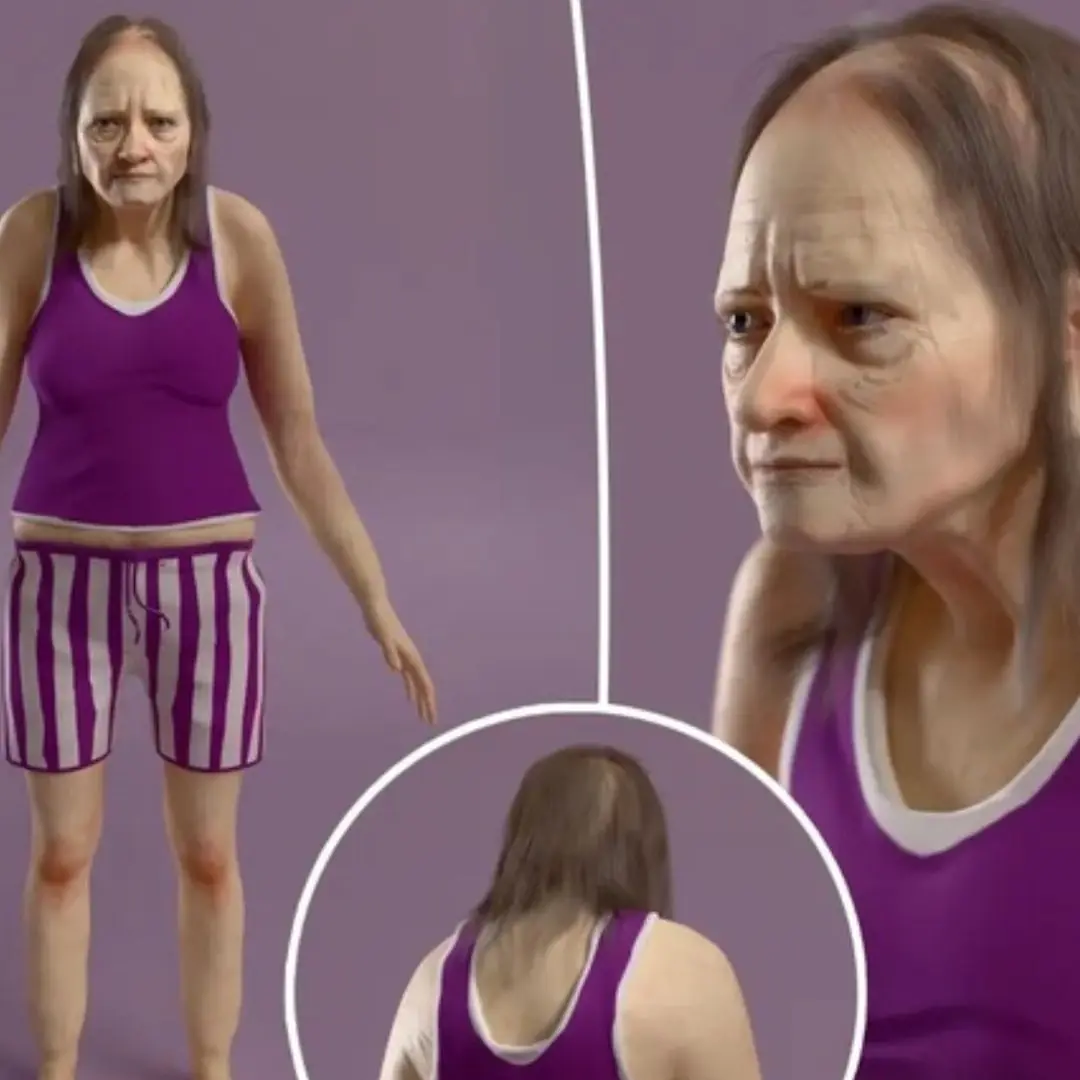
Doctors Reveal What Happens If You Only Sleep 6 Hours a Night
News Post

6 types pa.in you shouldn’t ignore

The benefits of carrot and lemon for skin health

Never place your microwave in this spot if your kitchen is small — it’s bad for you and bad for the machine!

I Mailed Wedding Invites Featuring Our Engagement Photo to My Three Best Friends — Then, One by One, They All Dropped Out

Why is hotel check - out always at 12 o'clock? Not for cleaning, the reason surprises many people

Experts reveal 5 can.cer symptoms that are easy to ignore

His Female Best Friend Claimed My Baby Shower as Her Event — I Reminded Her of Her Place in Our Lives

Scientists discover the maximum age a human can live to

My MIL Took Over Our Home and Wouldn’t Let Me Rest — I Reached My Limit and Taught Her a Hard Lesson

Can rice left in a rice cooker overnight still be eaten: Today I was star.tled when I found out the answer

Plant these 8 snake-repelling species around your house, and they’ll stay far away the moment they spot them
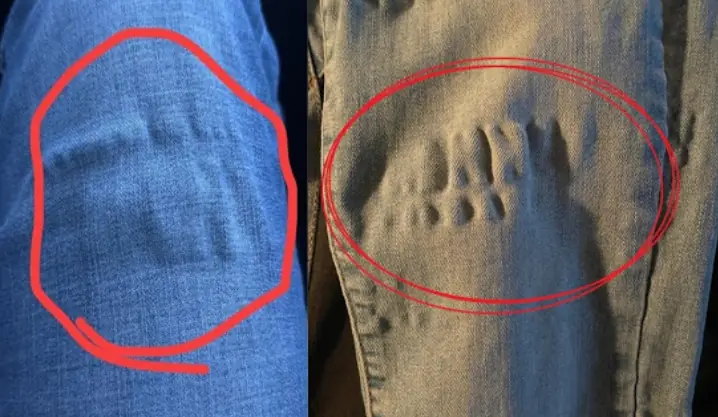
Why Do Jeans Get Weird Ripples After Washing?

My Sister Named Her Son the Same as Mine! I Didn't Understand Why Until Our Mother's Will Was Read

Chef Reveals How to Keep Garlic Fresh for 6 Months

The Truth Behind Why Flight Attendants Don’t Lift Passengers’ Bags

Always Close the Bathroom Door When Not in Use — I Regret Not Knowing This Sooner in My 30 Years of Life

24-Year-Old Woman Suffers Sto.mach Perforation After Replacing Breakfast with Popular Drink

What is the serrated hole on scis.sors used for? It has 4 great uses, it's a waste if you don't know!
